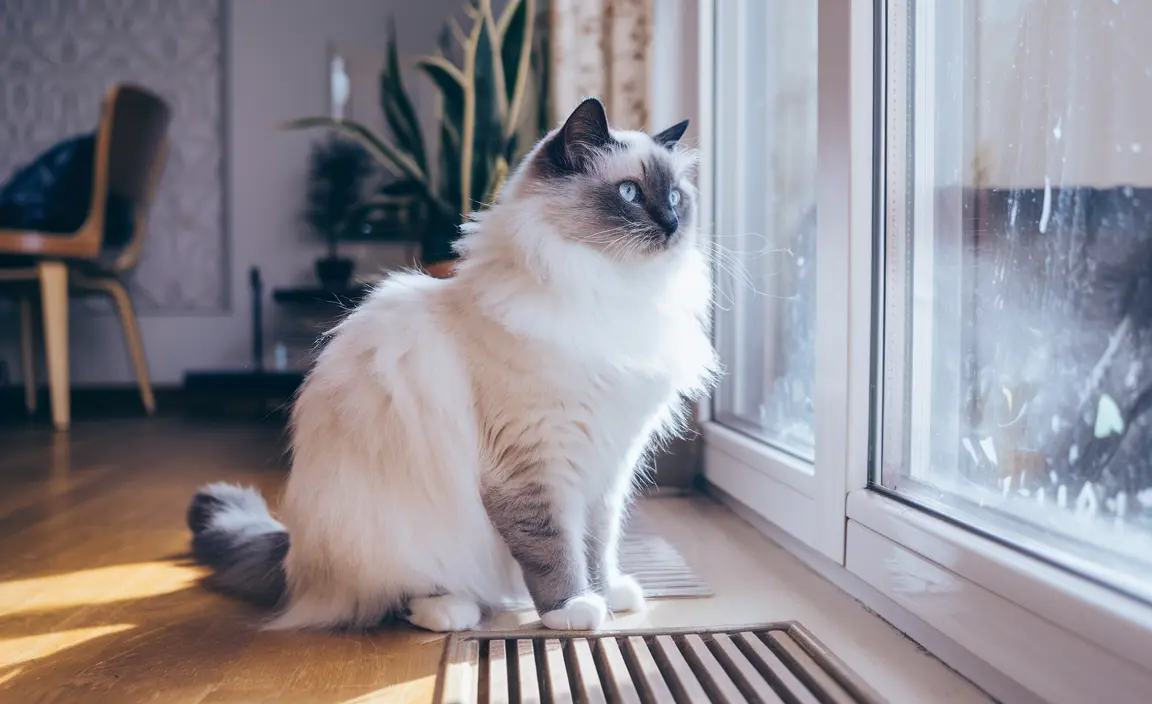Cat owners often wonder about their feline companions' potential lifespan, seeking insights into how long they can expect to share their lives with their beloved pets. Understanding cat lifespan involves exploring various factors that influence longevity, from genetics and healthcare to lifestyle and nutrition.
In this comprehensive guide, we'll dive deep into the world of feline longevity, revealing the secrets behind how long cats typically live and what you can do to support your cat's health and well-being throughout their life stages.
Average Cat Lifespan: What to Expect
The average domestic cat can typically live between 13 to 20 years, with most cats reaching a median age of 14 to 15 years. However, many factors can significantly impact a cat's lifespan, making each feline's journey unique.
Factors Influencing Cat Longevity
Several key elements play crucial roles in determining how long a cat will live:
- Genetics: Mixed breed cats often enjoy longer lifespans due to hybrid vigor
- Healthcare: Regular veterinary check-ups and preventive care
- Diet and Nutrition: Balanced, high-quality food
- Living Environment: Indoor vs. outdoor lifestyle
- Spaying/Neutering: Reduced risk of certain health complications
Indoor vs. Outdoor: The Lifespan Difference
Indoor cats consistently demonstrate longer lifespans compared to their outdoor counterparts. By protecting cats from external risks like traffic, predators, and infectious diseases, indoor living can add years to a cat's life. Indoor cats typically live 13-17 years, while outdoor cats may have significantly shorter lifespans.
Protecting Your Cat's Health
- Maintain a safe indoor environment
- Provide regular veterinary care
- Ensure proper nutrition
- Offer mental and physical stimulation
The Role of Nutrition in Cat Longevity
A balanced diet is critical to extending a cat's lifespan. High-quality protein, essential nutrients, and appropriate calorie intake contribute to overall health and can help prevent obesity-related health issues.
Key Nutritional Considerations
- Choose age-appropriate cat food
- Monitor portion sizes
- Provide fresh water
- Avoid excessive treats
- Consider supplements recommended by your veterinarian
Age-Related Health Challenges
As cats age, they become more susceptible to certain health conditions. Common age-related challenges include dental disease, arthritis, kidney issues, and reduced immune function. Regular veterinary check-ups can help detect and manage these conditions early.
Signs of Aging in Cats
- Decreased activity levels
- Changes in sleep patterns
- Weight fluctuations
- Reduced grooming habits
- Potential cognitive changes
Extending Your Cat's Life: Best Practices
While you can't control everything, several strategies can help maximize your cat's potential lifespan:
- Regular veterinary check-ups
- Maintaining a healthy weight
- Providing mental stimulation
- Creating a stress-free environment
- Considering spaying/neutering
- Keeping your cat indoors
Frequently Asked Questions
What is the average lifespan of a domestic cat, and what factors can extend or shorten it?
The average lifespan is 13-20 years. Factors like genetics, diet, healthcare, and lifestyle significantly impact longevity.
How does living indoors or outdoors impact a cat's lifespan, and what precautions can I take?
Indoor cats typically live longer due to reduced risks. Provide a safe environment, regular vet care, and mental stimulation.
What are the benefits of spaying or neutering a cat in terms of longevity and health?
Spaying/neutering reduces the risk of certain cancers, prevents unwanted litters, and can help reduce stress-related health issues.
Can a balanced diet improve a cat's lifespan, and what nutrients are most important for longevity?
Yes, a balanced diet with high-quality protein, appropriate calories, and essential nutrients supports overall health and can extend lifespan.
How can I care for an aging cat to maintain their health and quality of life as they grow older?
Provide regular veterinary check-ups, adapt their diet, create a comfortable environment, and monitor for age-related health changes.
While the average cat may live 13-20 years, individual cats can exceed these expectations with proper care, love, and attention. Every cat is unique, and by understanding their needs, you can help support a long, healthy, and happy life.






